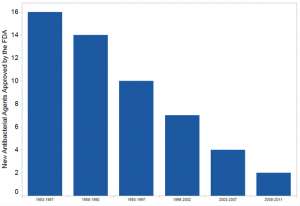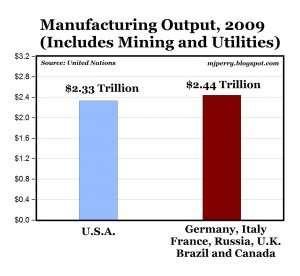Why the Jobs Situation Is Worse Than It Looks →
This article from U.S. News is pretty scary—and depressing.
Today, over 14 million people are unemployed. We now have more idle men and women than at any time since the Great Depression. Nearly seven people in the labor pool compete for every job opening. Hiring announcements have plunged to 10,248 in May, down from 59,648 in April. Hiring is now 17 percent lower than the lowest level in the 2001-02 downturn. One fifth of all men of prime working age are not getting up and going to work. Equally disturbing is that the number of people unemployed for six months or longer grew 361,000 to 6.2 million, increasing their share of the unemployed to 45.1 percent. We face the specter that long-term unemployment is becoming structural and not just cyclical, raising the risk that the jobless will lose their skills and become permanently unemployable.
Don't pay too much attention to the headline unemployment rate of 9.1 percent. It is scary enough, but it is a gloss on the reality. These numbers do not include the millions who have stopped looking for a job or who are working part time but would work full time if a position were available. And they count only those people who have actively applied for a job within the last four weeks.
Include those others and the real number is a nasty 16 percent. The 16 percent includes 8.5 million part-timers who want to work full time (which is double the historical norm) and those who have applied for a job within the last six months, including many of the long-term unemployed. And this 16 percent does not take into account the discouraged workers who have left the labor force. The fact is that the longer duration of six months is the more relevant testing period since the mean duration of unemployment is now 39.7 weeks, an increase from 37.1 weeks in February.



